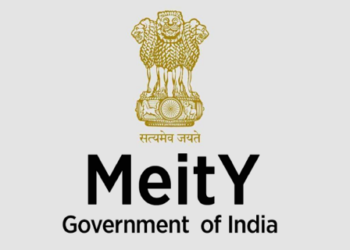Netflix is set to spend up to US$750 million on content and global expansion. According to the US Securities and Exchange Commission (SEC) filing, the company recently entered into an agreement to borrow US$500 million from lenders including Deutsche Bank, Goldman Sachs and JPMorgan Chase Bank.
According to Netflix’s second quarter 2017 letter to shareholders, the latest move is an effort to increase its investment in content, especially in its original series, having benefited from its content strategy in the areas of revenue and profit growth. Streaming content obligations, which is the cost that Netflix pays for the licensing, acquiring and production of content, grew from US$13.2 billion in the second quarter of 2016, to US$15.7 billion at the end of Q2 this year. However, the overall streaming revenue also grew from 35.8% from over US$1.9 million in the second quarter of 2016 to over US$2.6 million at the end of Q2 this year.
A year ago, Netflix struggled in adding on users. Reed Hastings, CEO and founder of the company said this is not due to competition or saturation. Rather he attributed it to the price increase in services. Netflix announced on CNN that in 2016 it would increase the price of its standard HD plan to US$10 per month from US$9 per month for new customers and US$8 a month for longer-term customers.
Meanwhile, the company initially also wanted to drop its stand-alone streaming service in China for now, even though the streaming service has already established its operations in 190 countries. During the release of its third-quarter earnings for 2016, the streaming giant announced it was switching to a strategy of licensing its content to existing providers in China instead.
Since then, Netflix has partnered with companies in Asia Pacific to expand its reach and provide content to viewers in the region. Earlier this month, it finalised a deal with the Malaysia Internet Exchange (MyIX) to provide its video and movie content in Malaysia by end of August. It also agreed to provide television series to Baidu’s iQiyi.com earlier this year, gaining access to the only major film market that had eluded the world’s largest paid video service.
Last year, Singapore broadcasting company Mediacorp partnered with Netflix to announce a streaming service that will bring over 20 popular Chinese TV series produced in Singapore to its members around the world. The shows included The Little Nyonya, The Goldent Path, The Dream Job and The Truth Seekers. Netflix also appointed Weber Shandwick to handle its public relations for both its Singapore and Malaysian markets.
















